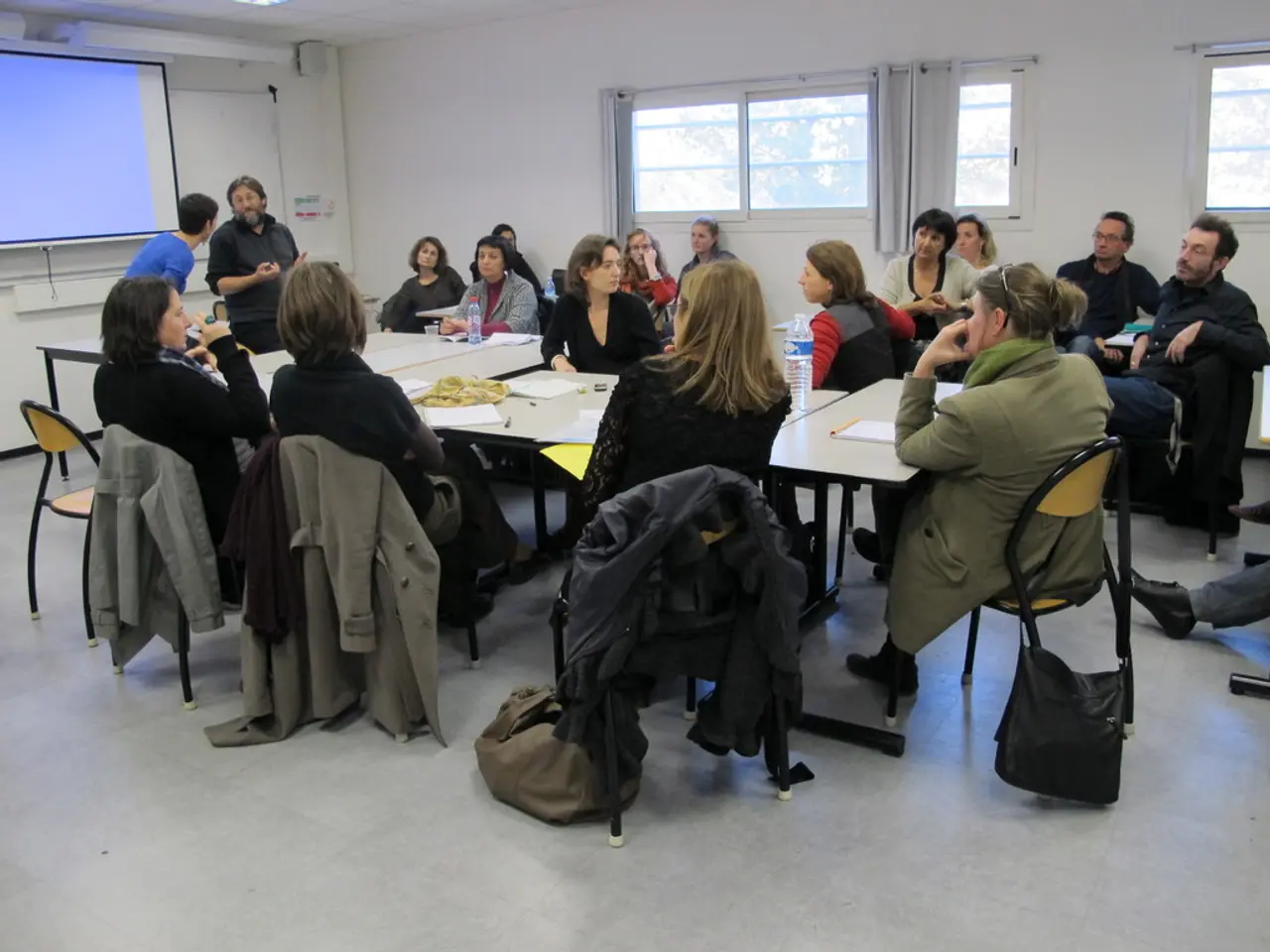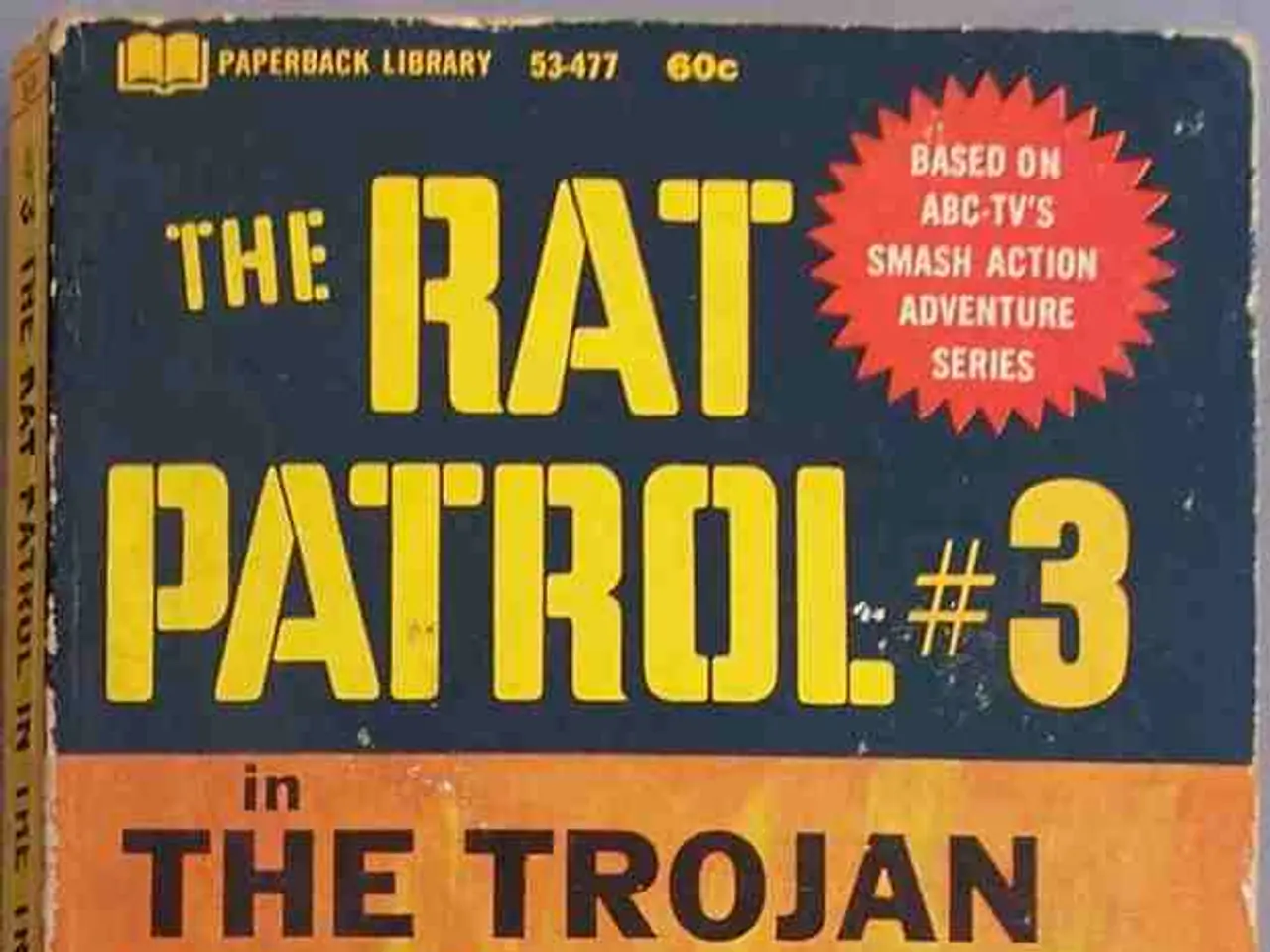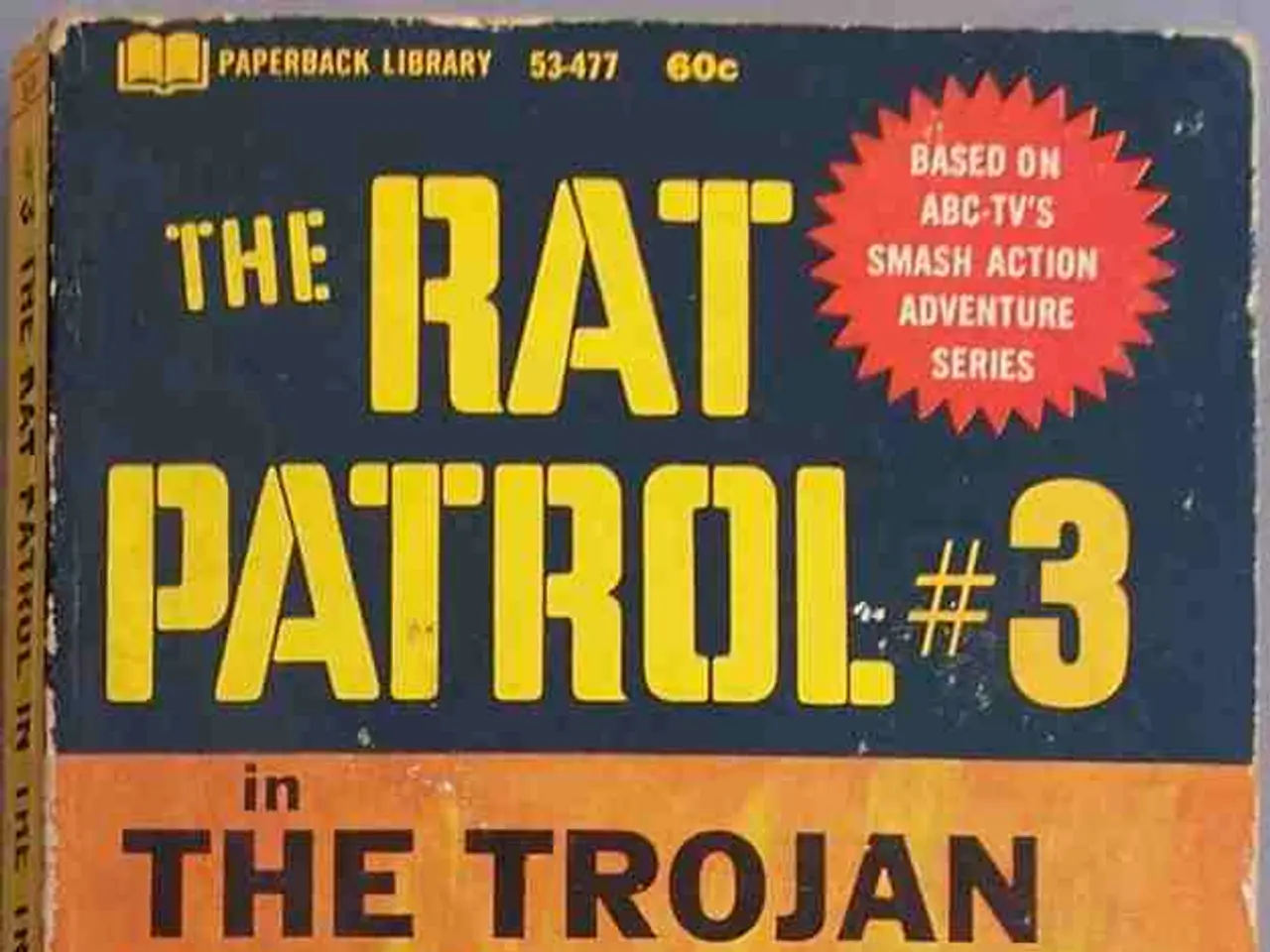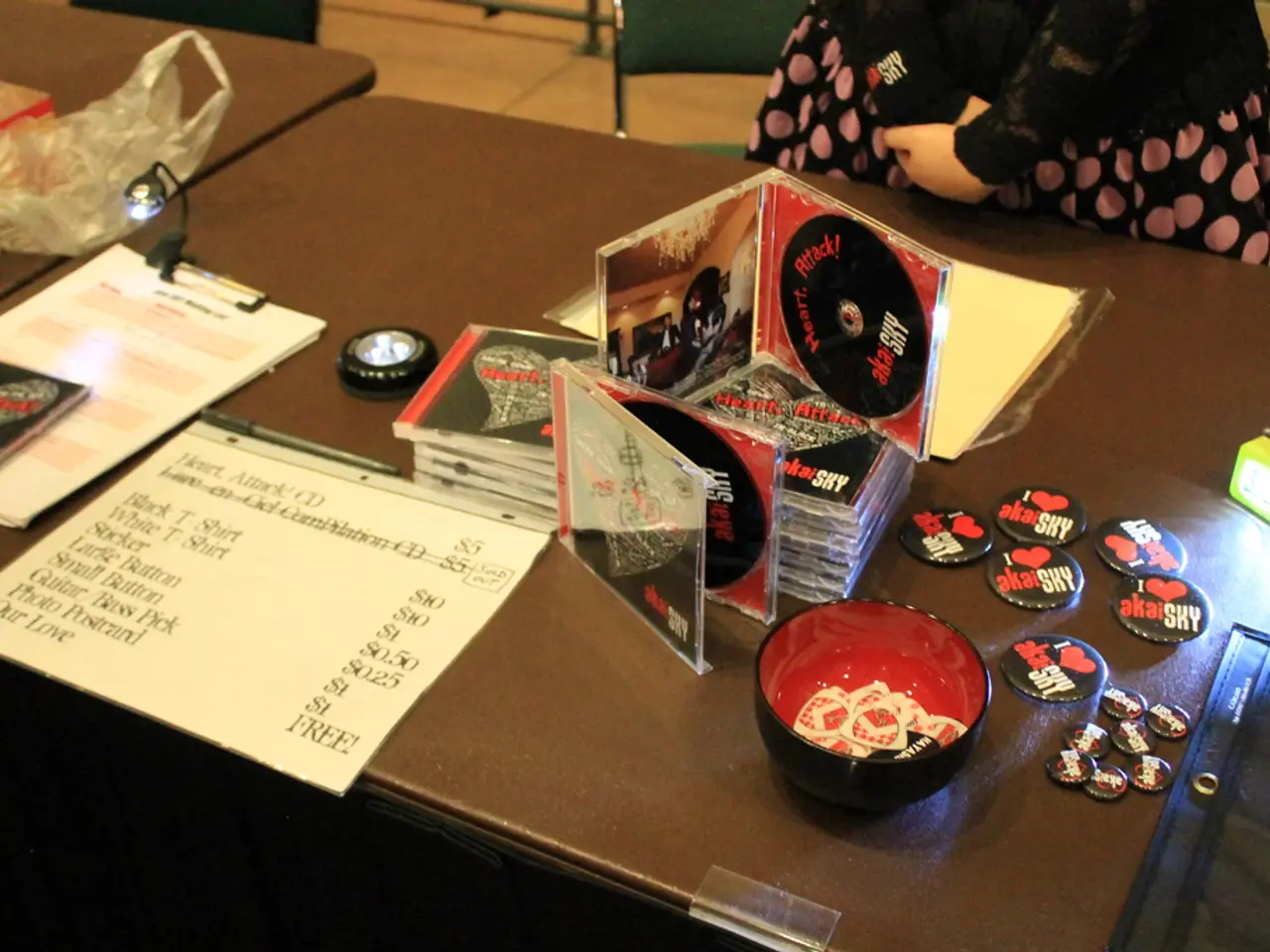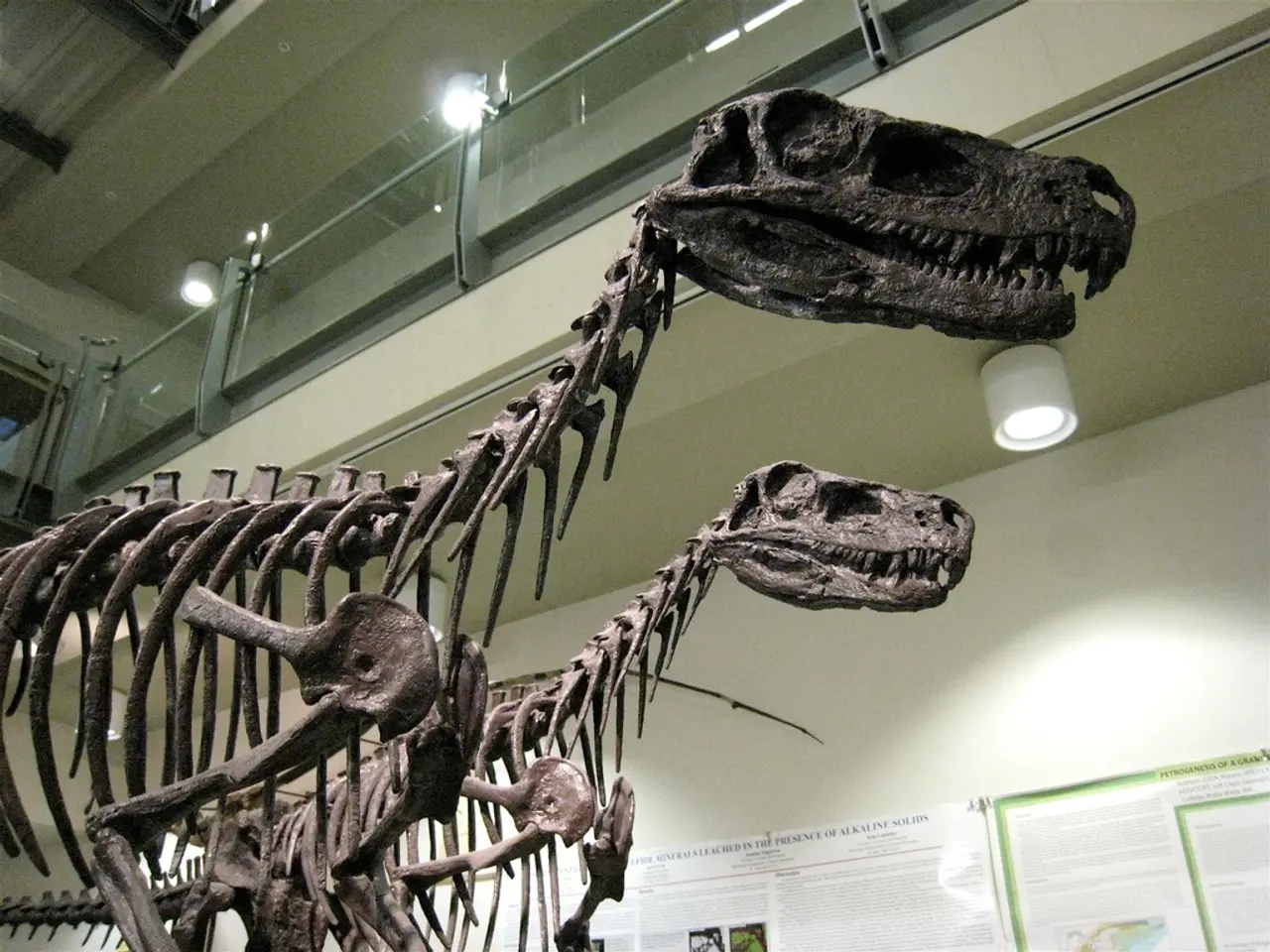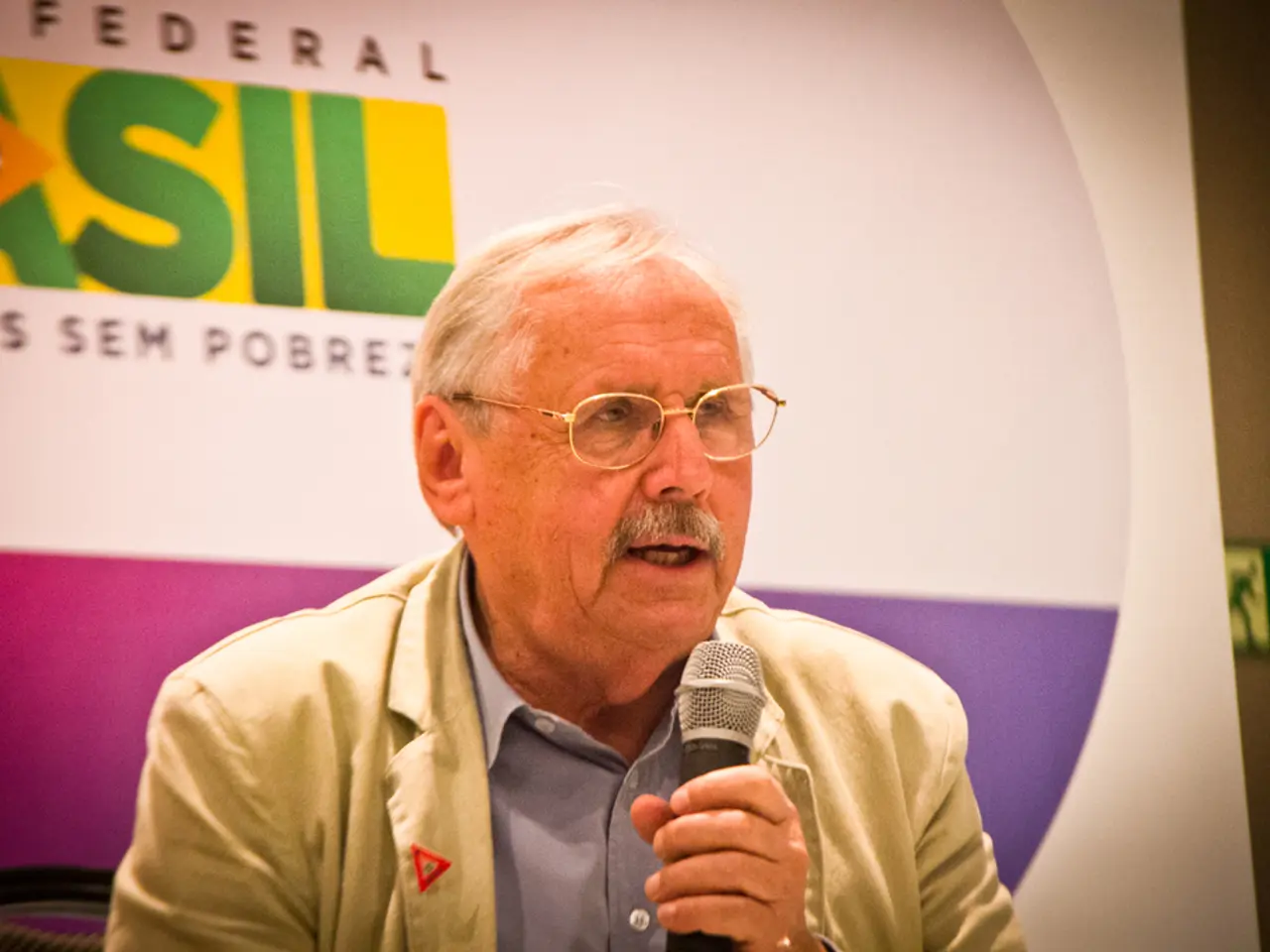Tough Decisions Facing Europe: Balancing Resistance Towards Putin and Potential Consequences
In the current geopolitical landscape, Europe finds itself in a precarious position, facing a choice between appeasement and independence as a global actor. This dilemma has been exacerbated by the financial burden of supporting Ukraine, a responsibility that now falls squarely on Europe, as American solidarity hinges on Europe's willingness to bear this burden.
The "old continent" is at a crossroads, forced to weigh the consequences of appeasing certain world leaders against upholding its values and protecting its long-term interests. European leaders have, for the most part, pursued a policy of appeasement towards Donald Trump, primarily to secure cooperation against Russia, particularly Vladimir Putin, and to mitigate the risks of economic conflict.
This approach, driven by the belief that resistance to Putin’s aggression required maintaining at least a working relationship with the Trump administration, has not come without criticism. Critics argue that it undermines the postwar rules-based global order by enabling unilateral and protectionist US policies, weakening Europe’s collective bargaining power and credibility.
The impact on European leaders' standing in the global community has been mixed. On one hand, appeasement aimed to preserve short-term alliances and economic stability. On the other, it has led to calls for a more coordinated and unified European response to counter US tariffs and protectionism, rather than fragmented appeasement or retaliation, to uphold global trade norms and protect Europe’s long-term interests.
However, the success of Europe depends on more than just appeasement. Visionary European leaders and the conviction of the European people that Europe will increase its defense expenditure and deliver as a multi-ethnic, fair, inclusive, democratic, supra-national community of equals are crucial. Europe must also swiftly conclude trade agreements, reduce export dependency, invest in migration policies, and invite the Global South as a partner in shaping fairer global rules and laws.
The argument against appeasing Putin is that authoritarian leaders are not deterred by pleasantries or concessions, but by a resolute will to resist. Russia's nuclear capabilities have constrained the decisiveness and scale of military aid the West has provided to Ukraine. Fighting Putin is considered the correct course of action, but a battlefield victory may not be feasible, and difficult concessions might be necessary for a free Ukraine.
In the midst of this complex situation, Europe risks forfeiting its standing as an independent actor in the eyes of the world and its own citizens by appeasing Trump. Trump's engagement in blackmail and bullying tactics against countries worldwide, including traditional American allies, has not gone unnoticed. The future of Europe lies in building an independent, united Europe, requiring decisive leadership, sacrifice of narrow national interests, and qualified European majority rule.
As the situation unfolds, it is clear that Europe must navigate this delicate balance between appeasement and independence, upholding its values while protecting its interests. The stakes are high, and the choices made by European leaders will have far-reaching consequences for the continent and the world.
- To uphold its values and protect long-term interests, Europe must navigate a delicate balance between appeasement and independence in its dealings with world leaders, including Donald Trump and Vladimir Putin.
- Pursuing a policy of appeasement towards certain leaders, as Europe has done with Trump, can undermine the postwar rules-based global order and weaken Europe's collective bargaining power and credibility.
- As the European Union considers its position in war-and-conflicts, policy-and-legislation, politics, general-news, and social inclusion, it should aim to build an independent, united Europe, inviting the Global South as a partner in shaping fairer global rules and laws.

